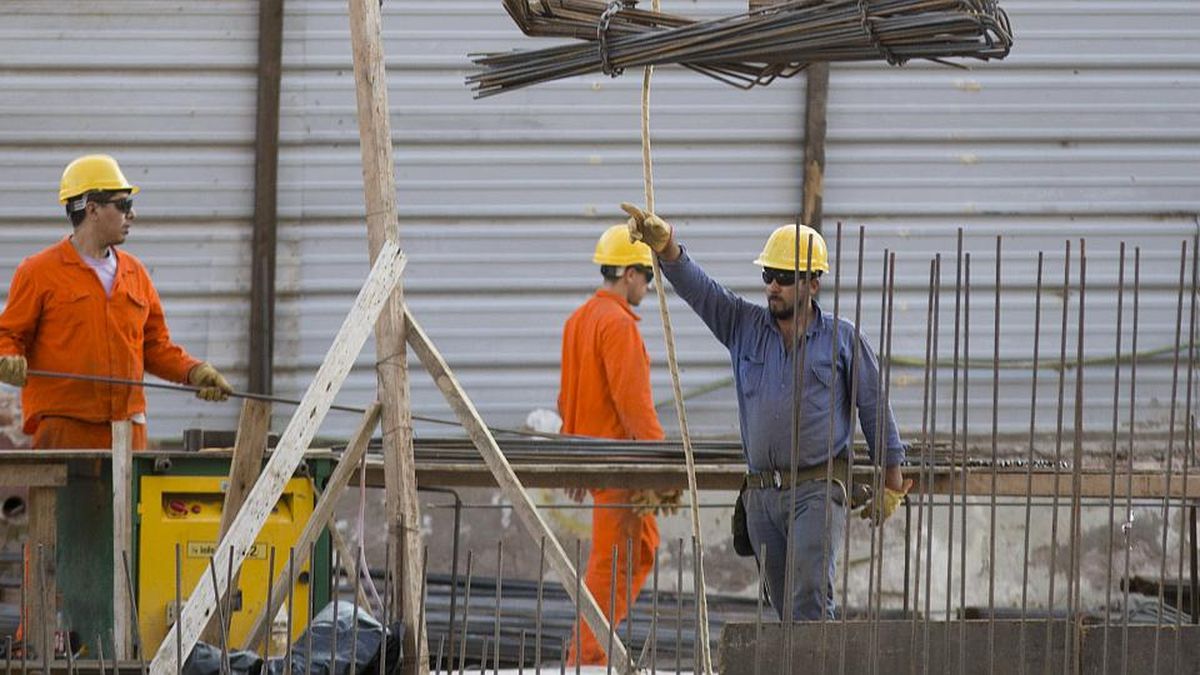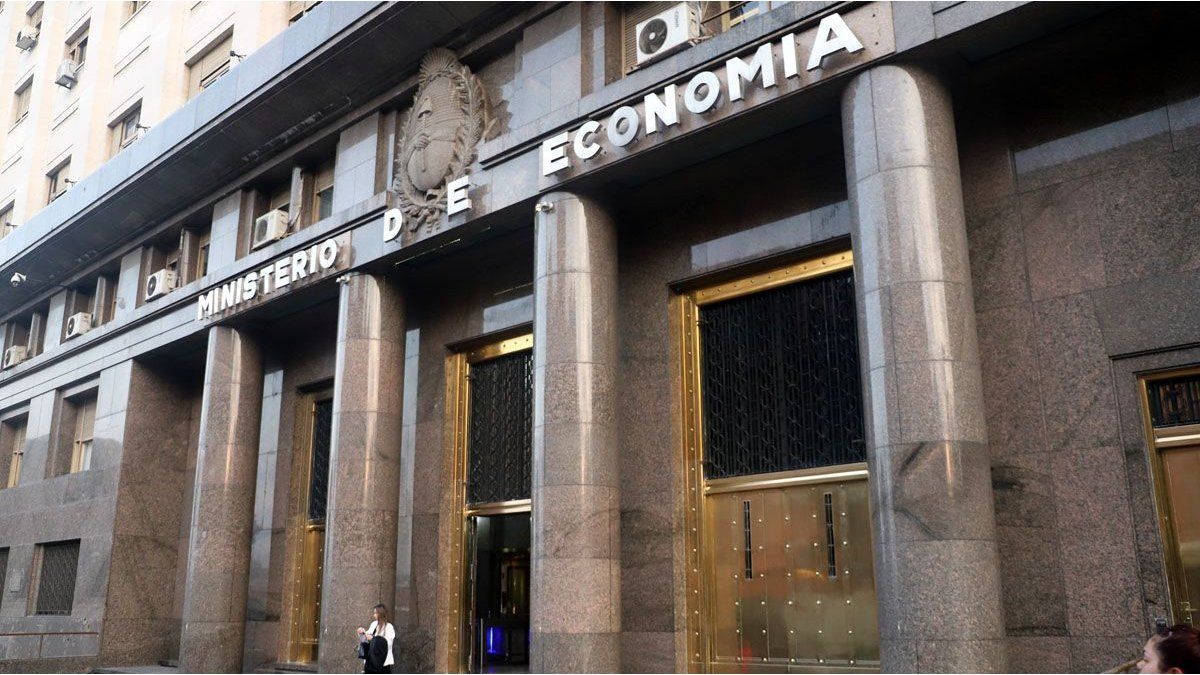The greater stability of the economy and tranquility of the exchange rate, which seems to stay in a range close to $1,000 per unit, pulls out the problems that Argentine companies have in facing competition from abroad. To a certain extent, the revaluation of the peso against the dollar complicates the equation, warn businessmen who point to the taxes and labor costs.
In the case of salaries, a study carried out by the Techint group among its plants in the region reveals that, in Argentina, the labor cost of an hour of work in the steel sector is US$16.5while in Mexico, US$12.5 is paid, in Brazil, US$10.3 and, in Colombia, US$4.5. The difference against the main competitor in Mercosur, Brazil, is 60% in favor of the neighboring country. And it is detailed that in Argentina the person charges 67% of the total work cost.
Labor reform in Brazil
In that sense, according to the Mediterranean Foundation, Following its 2017 labor reform, Brazil not only reduced its labor costs, but also It made it possible to reduce labor informality, which went from 46% in 2016 to 39% in 2023.
“In an analogous manner, while Brazil advanced with a strategy that adjusts its performance to the conditions of the circuit“Argentina continues to bet on a model that does not take into account the particularities of the terrain,” explains the entity based in Córdoba.
The study says that, “when the evolution of industrial salaries in Argentina and Brazil is analyzed, in constant dollars, a marked contrast emerges, while Argentina experienced strong fluctuations, the industrial salary in Brazil maintained a more stable trend over time.”
salaries industries.png
“In particular, in recent years, Salaries in Argentina have shown a drop in dollar termsboth official and parallel, reflecting internal inflation and the devaluation of the peso against the dollar,” the study indicates. But, with the revaluation of the national currency, things changed.
The Mediterranean states that “The most recent panorama shows that, in November 2024, for every $1,000 of labor costs in Brazil, Argentina faces $2,840”. “This gap continues to grow, driven by the lack of deep reforms and the disconnection between the regulatory framework and market needs,” the report maintains.
In that sense, he points out that it would be necessary “a scheme that allows the microenterprises are exempt from applying sectoral agreements and only follow the Employment Contract Law and the Minimum Living and Mobile Wage.” That, he points out, “could be a first step.” “In addition, offering the possibility of disengaging SMEs from sectoral collective agreements to negotiate directly with their employees could improve working conditions and their competitiveness,” the study indicates.
The tax costs
As pointed out Martin Berardi, president of the steel company Ternium, “Without inflation, problems arise that we did not see before.” “There are relative exchange rate issues. Brazil and Mexico devalued, but there is also a structural cost problem in Argentina that must be faced in some way,” he noted recently at a meeting with SME companies.
In a comparison of the tax structure faced by companies in Argentina, Brazil and Mexico, the manager points out that “Income taxes They are similar, social charges are a little higher in Brazil, but they have unemployment insurance.”
Taxes that work against
“There are three taxes: municipal taxes, bank debits and credits and gross income, which for us in 2024 meant US$66 million and US$91 million in 2023, approximately 3% of billing. For a company that has between 8% and 10% profit, it is between 30% and 40%,” Berardi explained.
In that sense, he indicated that “the difference with Brazil and Mexico is that the other taxes function like a Value Added Tax (VAT) and, therefore, do not punish production so that they do not generate differences between what is produced locally and what is imported.”
Source: Ambito
I am a 24-year-old writer and journalist who has been working in the news industry for the past two years. I write primarily about market news, so if you’re looking for insights into what’s going on in the stock market or economic indicators, you’ve come to the right place. I also dabble in writing articles on lifestyle trends and pop culture news.




